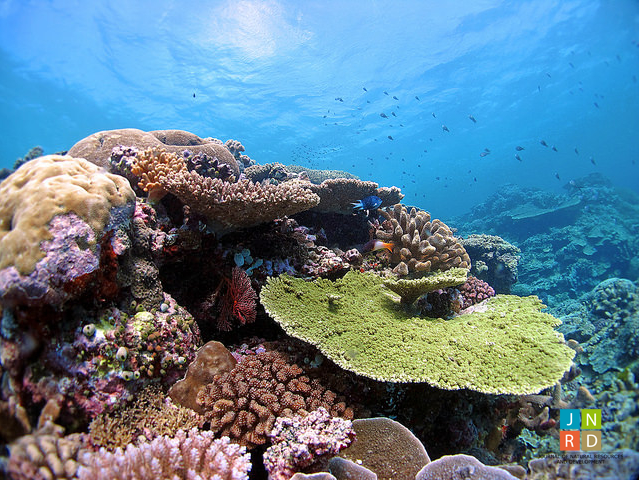The effects of global warming on fisheries: Simulation estimates
Main Article Content
Abstract
This paper develops two fisheries models in order to estimate the effect of global warming (GW) on firm value. GW is defined as an increase in the average temperature of the Earth’s surface as a result of CO2 emissions. It is assumed that (i) GW exists, and (ii) higher temperatures negatively affect biomass. The literature on biology and GW supporting these two crucial assumptions is reviewed. The main argument presented is that temperature increase has two effects on biomass, both of which have an impact on firm value. First, higher temperatures cause biomass to oscillate. To measure the effect of biomass oscillation on firm value the model in [1] is modified to include water temperature as a variable. The results indicate that a 1 to 20% variation in biomass causes firm value to fall from 6 to 44%, respectively. Second, higher temperatures reduce biomass, and a modification of the model in [2] reveals that an increase in temperature anomaly between +1 and +8°C causes fishing firm value to decrease by 8 to 10%.
JEL Classification: Q21, Q22, Q54, Q56, Q57.
Article Details
Issue
Section

This work is licensed under a Creative Commons Attribution-NonCommercial-NoDerivatives 4.0 International License.

